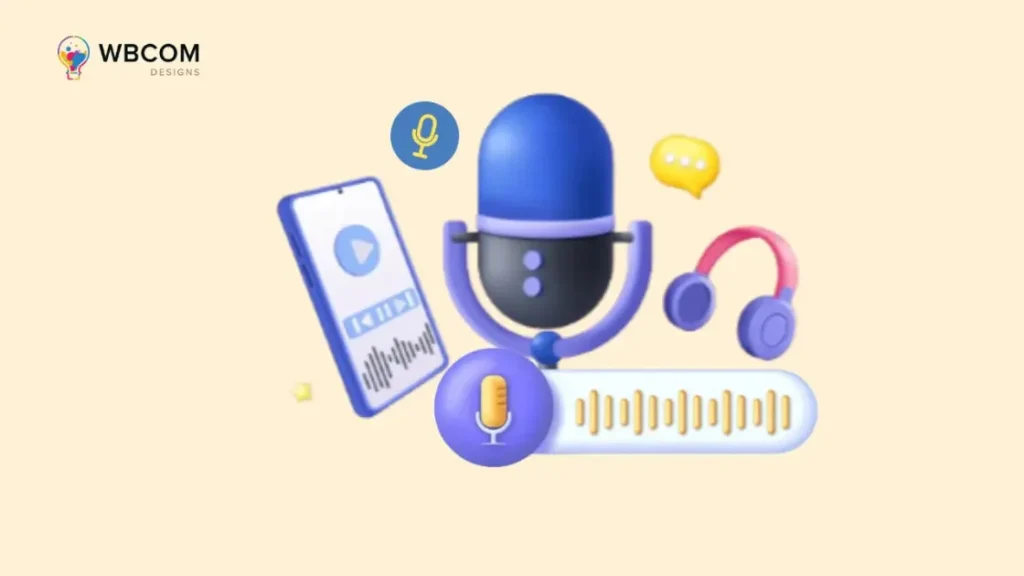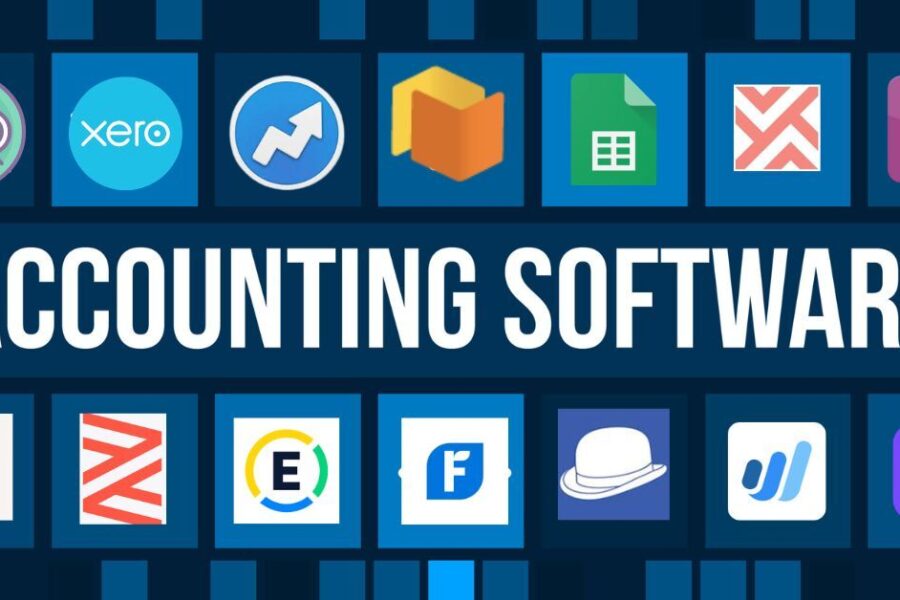Some of the best AI voice cloning tools include Descript, Resemble AI, ElevenLabs, Play.ht, and Speechify. These tools offer high-quality voice replication and customization features.
AI voice cloning tools have transformed the way we interact with technology. They enable users to create realistic and customizable voice models. Descript provides an easy-to-use platform for voice editing and cloning. Resemble AI offers extensive customization options for creating unique voice profiles.
Speechify, known for its text-to-speech voice replication. These tools are invaluable for content creators, businesses, and developers. They save time, enhance user experience, and open new avenues for innovation. With continuous advancements, AI voice cloning tools are becoming more accessible and sophisticated.
Table of Contents

Credit: www.geeksforgeeks.org
What Is AI Voice Cloning?
AI voice cloning is a technology that mimics human voices. It uses advanced algorithms to capture vocal patterns. These patterns are then synthesized to produce a realistic voice. The technology can replicate tone, pitch, and accent.
Importance of Voice Cloning
Voice cloning has many applications. It can revolutionize customer service by creating realistic voice assistants. It can help in entertainment by replicating voices of famous personalities. Let’s look at some key benefits:
- Enhanced User Experience: Personalized interactions with users.
- Accessibility: Assisting visually impaired individuals with natural-sounding voices.
- Content Creation: Producing audiobooks, podcasts, and more with minimal effort.
Voice cloning is also crucial for preserving the voices of loved ones. It can create a digital legacy for future generations. This technology continues to evolve, offering endless possibilities.
Top AI Voice Cloning Tools
In the rapidly evolving world of artificial intelligence, voice cloning tools have become incredibly advanced. These tools can replicate a human voice with stunning accuracy. They are used in various industries like entertainment, customer service, and more. Below, we will explore the top AI voice cloning tools available today.
Descript: Features and Benefits
Descript offers a powerful and user-friendly platform for voice cloning. It is designed to cater to various needs, from content creators to businesses.
- High-Quality Voice Output: Produces highly realistic, near-human voices that sound natural.
- User-Friendly Interface: The platform is intuitive, making it simple for anyone to use, even without technical knowledge.
- Customizable Voices: You can adjust voice tone, pitch, and speed to meet specific project needs.
- Overdub Feature: Allows users to clone their voice for text-to-speech tasks, making editing easier.
- Fast Processing: Quickly generates voice samples, cutting down production time.
- Cost-Effective: Reduces the need for hiring voice actors, which saves money on long-term projects.
- Collaboration Tools: Great for teams working on podcasts, videos, and marketing content.
- Multi-Platform Integration: Easily integrates with video editing software, such as Adobe Premiere.
Speechify: Features and Benefits
Speechify stands out with its advanced AI technology and versatility, making it suitable for a range of applications, from education to business.
- Real-Time Voice Cloning: Instantly replicates voices, offering fast results when needed.
- Multi-Language Support: Supports a wide variety of languages, making it ideal for international projects.
- API Integration: Easily connects with other software and platforms for seamless operations.
- Natural Voice Output: Provides voices with proper intonations, creating a more human-like sound.
- Custom Voices: Can clone specific voices or create entirely new ones based on your preferences.
- Mobile App: Available on iOS and Android, making it simple to access voice cloning on the go.
- Adjustable Speech Speed: You can change the speed of speech, making it suitable for different content formats.
- Text-to-Speech for Accessibility: Useful for turning written content into audio for the visually impaired.
Resemble AI: Features and Benefits
Resemble AI is known for its advanced features, making it one of the top choices for businesses looking for high-quality, scalable voice cloning solutions.
- Natural-Sounding Voice: The voices generated by Resemble AI are highly realistic and maintain human-like emotions.
- Secure Data Privacy: Resemble AI ensures that all data, including voice data, is handled securely and privately.
- Scalable: Designed to handle large volumes of voice cloning requests, making it ideal for enterprise use.
- Customizable Emotion and Tone: Can adjust the emotional tone of the cloned voice, making it ideal for diverse use cases like marketing and entertainment.
- High-Quality Audio: The audio output boasts crystal clarity and minimal background noise, guaranteeing professional-grade quality.
- Multi-Voice Cloning: Offers the ability to clone multiple voices for projects needing a variety of voice types.
- Voice Cloning for Different Purposes: Suitable for podcasts, video game characters, virtual assistants, and more.
- Real-Time Generation: Clones voices on the fly, reducing waiting time for voice samples.
- Easy Integration with Existing Workflows: Seamlessly integrates with media production tools and CRM systems.
How AI Voice Cloning Works
Data Gathering
Voice cloning begins with data collection. This usually involves recording a long speech. More data helps the AI mimic voice. The recordings must capture varied words, phrases, and emotions to make the clone sound natural.
AI training
After enough recordings, the AI is taught. This entails training it on voice sound patterns. It learns to break speech into phonemes. By examining these patterns, AI can learn voice reproduction.
Neural Networks
AI voice cloning uses neural networks. These computers simulate brain function. AI processes and understands big data with neural networks. They enable AI to produce more natural speech.
Voice Generation
AI voice creation begins after training. AI converts text into speech using cloned voice. A voice that sounds like the original is produced. More data for the AI means a more accurate voice.
Applications of Voice Cloning
Voice cloning technology is revolutionizing many industries. It enables the creation of realistic and personalized voice replicas. Below are some key applications of voice cloning.
Entertainment Industry
The entertainment industry benefits greatly from voice cloning. It allows actors to extend their roles beyond physical limits. Imagine a beloved character speaking in new films long after the original actor has retired. Voice cloning also helps in dubbing foreign films. It ensures that voice matches the original actor’s tone and style.
Here are some key uses in entertainment:
- Creating voiceovers for animated characters
- Enhancing virtual reality experiences
- Recreating voices of historical figures
Customer Service
Voice cloning enhances customer service by making interactions more personal. AI can generate voices that sound human, making automated calls less robotic. This improves customer satisfaction and engagement.
Benefits include:
- Personalized customer interactions
- Increased efficiency in handling calls
- Cost-effective customer service solutions
Here is a simple table showing the differences:
|
Traditional System |
Voice Cloning System |
|---|---|
| Robotic voice | Human-like voice |
| Limited personalization | Highly personalized |
| High operational costs | Cost-effective |
Accessibility
Voice cloning greatly aids accessibility for people with disabilities. It enables those who have lost their voice to communicate. They can use a cloned version of their original voice, making interactions more personal.
Key advantages include:
- Giving a voice to those who can’t speak
- Enhancing communication for the visually impaired
- Providing personalized assistive technologies
Ethical Considerations
Voice cloning is useful, but it raises ethical concerns. For example, it can be used to create fake voices for deception. This can lead to issues like identity theft or misinformation. Therefore, it’s important to use voice cloning technology responsibly.
Comparing Popular Tools
AI voice cloning tools vary in terms of features, ease of use, and scalability. Below, we compare Descript, Speechify, and Resemble AI based on key factors such as output quality, customization, speed, and integration capabilities.
| Feature | Descript | Speechify | Resemble AI |
|---|
| Voice Quality | High-quality, realistic voices suitable for casual content. | Natural-sounding voices with excellent intonation. | Most natural-sounding, expressive voices with emotional tone. |
| Customization Options | Customizable pitch, tone, and speed. Overdub feature for voice cloning. | Limited customization, mainly for speed and language. | Advanced customization with emotion, tone, and inflection adjustments. |
| Ease of Use | User-friendly interface, simple for beginners. | Simple interface with easy setup; mobile app available. | Easy to use, but more advanced options may require some technical knowledge. |
| Real-Time Cloning | Does not offer real-time cloning; generates voice samples quickly. | Real-time voice cloning for immediate results. | Real-time cloning is available for fast voice generation. |
| Multi-Language Support | Limited language support, more focused on English. | Supports multiple languages, great for international use. | Supports many languages, making it ideal for global projects. |
| Integration | Integrates with video editing software like Adobe Premiere. | API integration for simple use with other tools. | Seamlessly integrates with CRM systems and media production tools. |
| Scalability | Suitable for small to medium projects. | Primarily for individual or small-scale use. | Highly scalable for enterprise-level projects. |
| Use Cases | Best for podcasting, video editing, and content creation. | Ideal for accessibility, text-to-speech, and reading aloud. | Perfect for gaming, entertainment, virtual assistants, and large-scale applications. |
| Cost-Effectiveness | Affordable for small creators but can be pricier for larger teams. | Cost-effective for individual users, especially with the mobile app. | Pricing is higher but justified for enterprise use and high-quality outputs. |
Future of Voice Cloning
Voice cloning will advance as AI improves. With rapid technological advancements, voice cloning is becoming more accurate and accessible. This opens up new possibilities across various fields.
Technological Advancements
Voice cloning technology has seen significant improvements in recent years. AI algorithms are now more sophisticated. They can mimic human voices with incredible accuracy.
- Deep learning techniques enhance the quality of cloned voices.
- Natural language processing (NLP) makes interactions more human-like.
- Cloud computing allows for faster processing and storage.
These advancements mean voice cloning tools can now be used in customer service, entertainment, and education.
| Advancement | Impact |
|---|---|
| Deep Learning | Improved voice quality |
| Natural Language Processing | More human-like interactions |
| Cloud Computing | Faster processing and storage |
Potential Challenges
Despite the progress, there are challenges to voice cloning. Privacy concerns are a significant issue. People worry about their voices being cloned without permission.
- Privacy: Unauthorized voice cloning could lead to misuse.
- Ethics: The ethical implications of cloning someone’s voice.
- Security: Cloned voices could be used in fraudulent activities.
These challenges need addressing to ensure voice cloning is used responsibly.

Credit: www.elegantthemes.com
Getting Started With Voice Cloning
Voice cloning uses AI to mimic human voices. It’s exciting and useful. Here, we will help you get started. Follow these steps to choose the right tool, set it up, and get the best results.
Choosing the Right Tool
First, you need to choose the right voice cloning tool. There are many options available. Here are some factors to consider:
- Ease of use: The tool should be user-friendly.
- Accuracy: It should produce accurate voice clones.
- Customization: Look for tools with customization options.
- Support: Good customer support is essential.
- Cost: Ensure it fits your budget.
Basic Setup and Configuration
Once you select a tool, set it up. Follow these general steps:
- Download and install: Get the software from the official website.
- Create an account: Register if needed.
- Upload sample audio: Provide a clear audio sample of the voice you want to clone.
- Configure settings: Adjust settings based on your needs.
- Run a test: Generate a sample voice clone to check the output.
Tips For Best Results
Here are some tips to achieve the best voice cloning results:
- Use high-quality audio samples: Clear, noise-free audio works best.
- Adjust settings: Fine-tune settings for better accuracy.
- Experiment with different tools: Try multiple tools to find the best fit.
- Regular updates: Keep your software updated for new features and improvements.
- Seek feedback: Ask others to listen and provide feedback on the cloned voice.
Follow these steps and tips to start your voice cloning journey.

Credit: wbcomdesigns.com
Frequently Asked Questions
What Is AI Voice Cloning?
AI voice cloning is a technology that replicates human voices. It uses machine learning to create synthetic voices. This helps in producing realistic, human-like speech.
How Does Voice Cloning Work?
Voice cloning uses deep learning algorithms. These algorithms analyze and mimic a person’s voice patterns. The result is a synthetic voice that sounds natural.
Are AI Voice Cloning Tools Free?
Some AI voice cloning tools offer free versions. However, advanced features usually require a paid subscription. Pricing varies based on features and usage.
Can AI Voice Cloning Be Used for Fraud?
Yes, AI voice cloning can be misused for fraud. It can mimic voices to deceive people. Always verify the authenticity of suspicious calls.
Conclusion
Choosing the best AI voice cloning tool can revolutionize your projects. Each tool offers unique features and benefits. Evaluate your needs and budget to make the right choice. Embrace the power of AI to create realistic, high-quality voice clones. Your next big project is just a voice away!







Leave a Comment